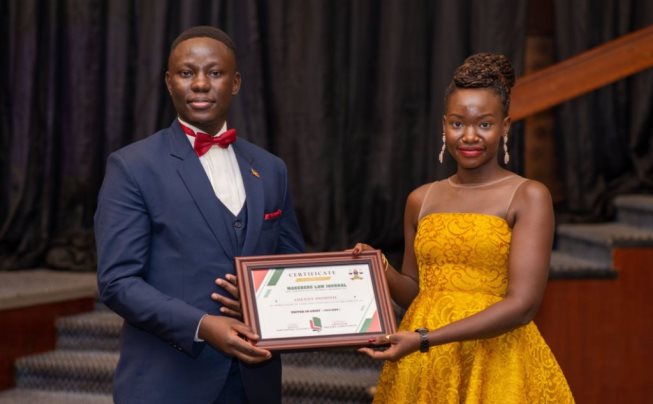Religious traditions hold significant importance in weddings, serving as vital links to cultural heritage and ancestral customs. They imbue the ceremony with spiritual depth and symbolic richness, transforming it into more than just a legal contract – into a sacred union. These traditions often vary widely across different cultures and religions, each with unique rituals, prayers, and blessings, but they all underscore the sanctity and solemnity of matrimony.
In this article, we’ll explore the roles that various religious traditions have to play in wedding ceremonies. As we make our way through each tradition, we hope this article will deepen your understanding of why religious customs remain so central to marriages around the world.
Role of Faith in Matrimony
Religions have long seen weddings as a solemn commitment, embodying the love and devotion that couples pledge to each other. As such, faith is integral to any wedding ceremony, regardless of which religion it follows. Most faiths dictate that vows should be exchanged in front of God or gods, given with sincerity and conviction.
Many religious ceremonies also include prayers, hymns, readings from holy texts, and blessings from religious leaders. These rituals are meant to strengthen the bond of marriage and remind couples that God is with them. They also serve as a reminder of the faith or values shared by the couple getting married.
Common Religious Traditions in Weddings
There are many religious traditions associated with weddings, but some of the most common include:
Catholic Weddings
In Catholic weddings, couples exchange their vows in front of a church altar. During the ceremony, they hold traditional unity candles to signify the joining of two separate lives into one. The priest may also bless the rings and present them to the couple during the ceremony.
Jewish Weddings
Jewish weddings represent a union between two families, as well as the couple themselves. The wedding ceremony is often conducted under a “chuppah”. This is a canopy or tent under which the bride and groom stand, symbolizing their new home.
LDS Weddings
LDS (The Church of Jesus Christ of Latter-day Saints) weddings are typically held in a temple, and the bride wears white clothing known as a “temple dress” or LDS wedding dress. During the ceremony, couples make covenants to be faithful to each other. LDS wedding ceremonies also involve the traditional exchange of rings and promises to love each other.
Hinduism
Hindu weddings are often held in an outdoor pavilion or sacred space known as a mandap, where the bride and groom exchange flower garlands to symbolize their union. They’re also asked to circle a fire seven times, signifying the couple’s journey together through joy and sorrow.
Islam
In Islamic weddings, the bride and groom both make a declaration of faith known as the nikah. This is an important part of the ceremony, as it symbolizes their commitment to each other in front of God. The wedding also includes prayer readings from the Quran and a traditional exchange of rings or fabric between couples.
The Impact of Modernization on Religious Wedding Traditions
In recent years, the traditional religious customs associated with weddings have been increasingly modernized and adapted for different cultures. In some cases, couples are no longer required to exchange vows in front of God or a religious leader; instead, they’re allowed to make their commitments to each other.
Additionally, many modern wedding ceremonies no longer require the bride and groom to wear traditional clothing or observe certain rituals. Instead, couples can customize their ceremonies according to their tastes and preferences.
Conclusion
Now that we’ve explored the role of faith and religious traditions in weddings, it’s clear that they remain important aspects of the ceremony. From exchanging vows to performing rituals, these customs are a powerful way for couples to express their commitment to each other and honor their shared values. Whether you choose to observe every aspect of traditional wedding ceremonies or adapt them according to your preference, the important thing is to always keep the spirit of faith and matrimony alive.
Check also;
- These Epic Ugandan Wedding Photo Fails Will Make Your Stomach Hurt From Laughing
- 7 Facts Why Couples Avoid Sex On Their Wedding Day
Please use the button below to contribute to Newslex Point, Inc. using a credit card or via PayPal.

 Newslex Point News in Uganda, Uganda news
Newslex Point News in Uganda, Uganda news












